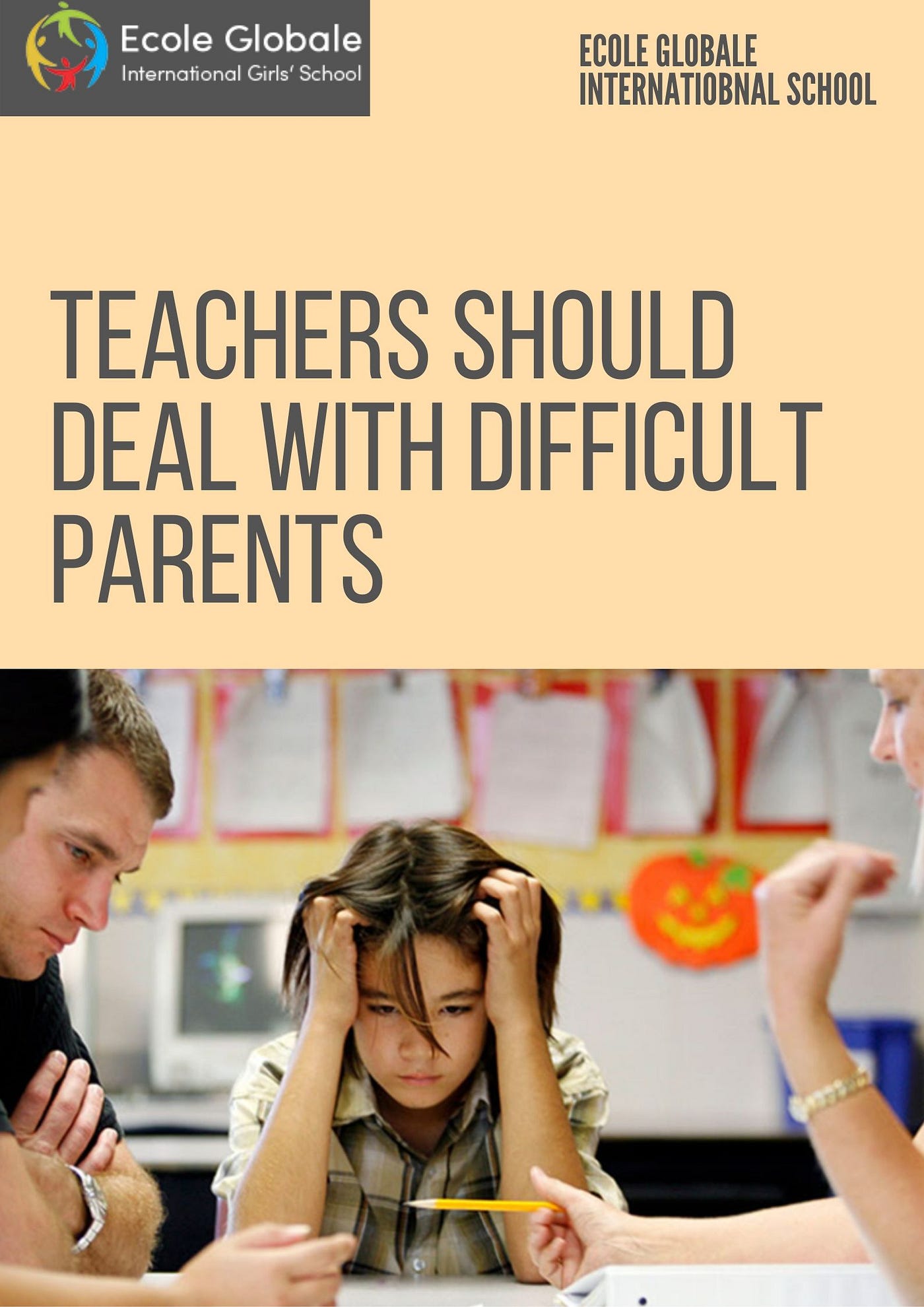Empowering Teen Moms Navigating Education Challenges

Empowering Teen Moms: Navigating Education Challenges
Teenage motherhood is a complex journey, marked by both joys and challenges. One significant aspect that often takes center stage is the pursuit of education. In this article, we delve into the multifaceted world of teenage mothers and their educational endeavors, shedding light on the resilience, determination, and unique struggles that shape their path.
Defying Stereotypes: A Look at Teen Moms in Education
Contrary to prevailing stereotypes, many teenage mothers are breaking barriers and excelling in their educational pursuits. These young women navigate the demanding terrain of both parenthood and academia, challenging societal expectations and proving that motherhood does not hinder their intellectual capabilities.
Supporting Educational Resilience: Resources and Programs
Recognizing the challenges faced by teen moms, various support systems and programs have emerged to provide a helping hand. From childcare assistance to flexible class schedules, these initiatives aim to empower teenage mothers to stay engaged in their education while balancing the responsibilities of parenthood.
Balancing Act: Juggling Motherhood and Academic Demands
Teen moms often find themselves in a delicate balancing act, where they must manage the demands of motherhood alongside academic responsibilities. From attending classes to completing assignments, these young mothers showcase remarkable time-management skills and a determination to secure a brighter future for themselves and their children.
Breaking Educational Barriers: Inspirational Stories
Amidst the struggles, there are countless inspirational stories of teenage mothers overcoming educational barriers. These narratives highlight resilience, determination, and the pursuit of dreams against all odds. These young women serve as role models, demonstrating that with the right support and mindset, educational success is within reach for teen moms.
Community Engagement: Fostering Inclusive Educational Environments
Communities play a crucial role in shaping the educational experiences of teen moms. By fostering inclusive environments that understand and accommodate the unique needs of young mothers, communities contribute to breaking down educational barriers and ensuring that teenage mothers feel supported and encouraged in their pursuit of education.
Educational Empowerment: A Roadmap for Teen Moms
Empowering teenage mothers educationally involves providing comprehensive resources and guidance. Mentorship programs, counseling services, and educational workshops can equip these young women with the tools they need to navigate the educational landscape successfully. Empowerment goes beyond the classroom, fostering a sense of confidence and self-assurance.
Striving for Excellence: Teen Moms Excelling in Higher Education
While high school completion is a significant milestone, some teen moms go on to pursue higher education. Whether attending college or vocational training, these individuals showcase an unwavering commitment to personal and professional growth. Higher education becomes a stepping stone toward greater opportunities for themselves and their families.
Overcoming Educational Stigma: Changing Perceptions
Teen moms often face societal stigma, including judgment and misconceptions regarding their commitment to education. Changing these perceptions is essential in creating an environment where teenage mothers can pursue education without fear of judgment. By challenging stereotypes, we contribute to a more inclusive and supportive educational landscape.
Educational Advocacy: Shaping Policies for Teen Moms
Advocacy plays a crucial role in shaping policies








